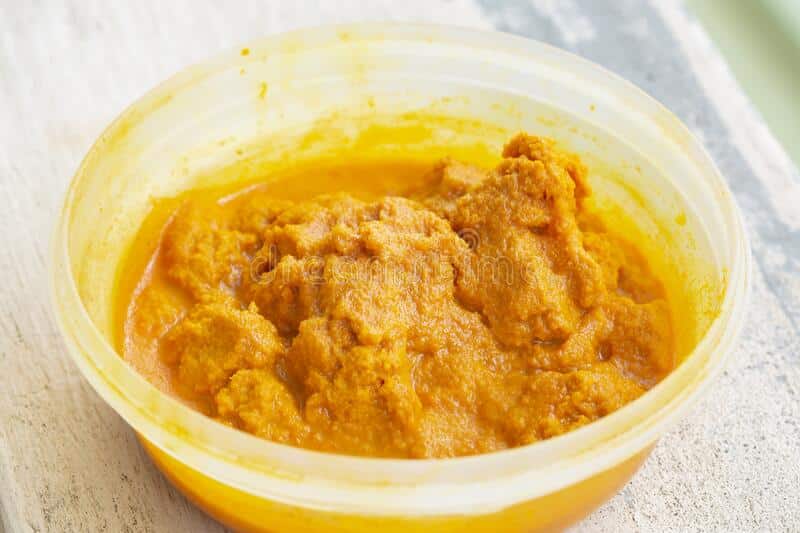Turmeric

It is known that turmeric contains antioxidants. In addition, it is renowned for its anti-inflammatory, anti-microbial, anti-carcinogenic, and anti-mutagenic therapeutic properties in various medical circumstances.
The anti-inflammatory properties of turmeric minimize gum swelling, discomfort, and inflammation. Curcumin, present in turmeric, is antibacterial, antiseptic, and analgesic or pain relieving. Curcumin protects against damage caused by free radicals since it is a potent antioxidant.
Moreover, it decreases inflammation by decreasing histamine levels and potentially enhancing the adrenal glands’ synthesis of natural cortisone. In situations of acute inflammation, oral administration of curcumin was shown to be as efficient as cortisone and half as effective in chronic inflammation.
In dentistry, turmeric is utilized as a mouthwash, pit and fissure sealant, cavity preventive therapy, and subgingival irrigant. Aside from that, turmeric extracts and Curcuma longa essential oil inhibit pathogenic bacteria, parasites, and fungi.
Create a turmeric paste by combining 1/4 teaspoon of turmeric with a small amount of water. Apply to the afflicted gums and let sit for five minutes, and then massage it into your gums using gentle strokes. Rinse the turmeric residue with warm water afterward. Repeat daily for one to two weeks or until the discomfort subsides.










